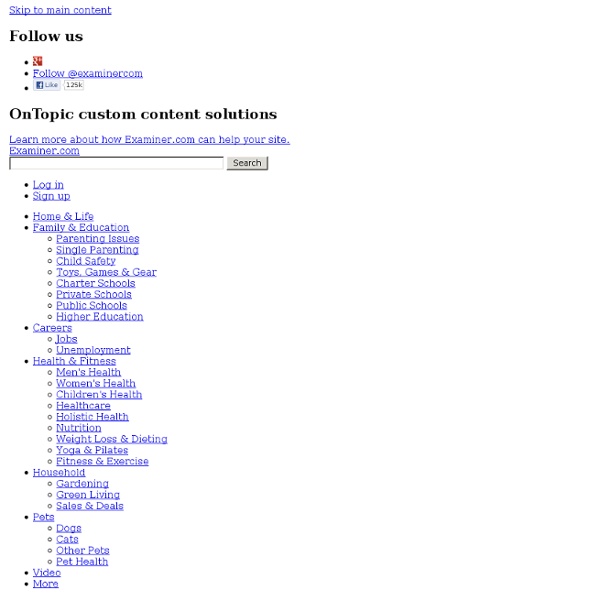A high school course of study with free, quality learning materials. - Charlotte Homeschooling

150 Free Textbooks: A Meta Collection
Free textbooks (aka open textbooks) written by knowledgable scholars are a relatively new phenomenon. Below, find a meta list of 200 Free Textbooks, and check back often for new additions. Also see our online collection, 1,700 Free Online Courses from Top Universities. Art History A Textbook of the History of Painting by John Charles Van Dyke, Rutgers Biology Anatomy and Physiology – Edited by various profs at OpenStaxBiology – Edited by various profs at OpenStaxBiology Pages, John W. Business and Management Business Ethics by Jose A. Chemistry Chemistry, Grades 10-12, Created by the FHSST Project (Free High School Science Texts)Chemistry Virtual Textbooks by Stephen Lower, Simon Fraser UniversityCK-12 Chemistry (Grades 9-12) by multiple authors. Classics Computer Science & Information Systems Earth Science CK-12 Earth Science for Middle School by multiple authors.Earth Systems, an Earth Science Course (Grades 9-10). Economics & Finance Education Electrical Engineering Engineering History Languages
Homeschooling Thru High School
DISCLAIMER: The content of this website has been prepared for and is intended to provide information that may be useful to members of the Home School Legal Defense Association. The Association does not necessarily warrant this information. The reader must evaluate this information in light of the unique circumstances of any particular situation and must determine independently the applicability of this information thereto. Policy regarding resources listed by our Homeschooling Thru High School program: Being listed as a resource does not constitute an endorsement by HSLDA. Our list of resources is not intended to be an exhaustive inventory of all available materials, but rather a sample listing of resources commonly used by our members. HSLDA retains the exclusive right to determine which resources we will list. In general, resources listed must be of value to a substantial number of homeschoolers and cannot be overtly anti-Christian or anti-HSLDA.
Homeschooling Books - Supplies, Curriculum, & Textbooks for Christian Home Schooling
Related:
Related:



